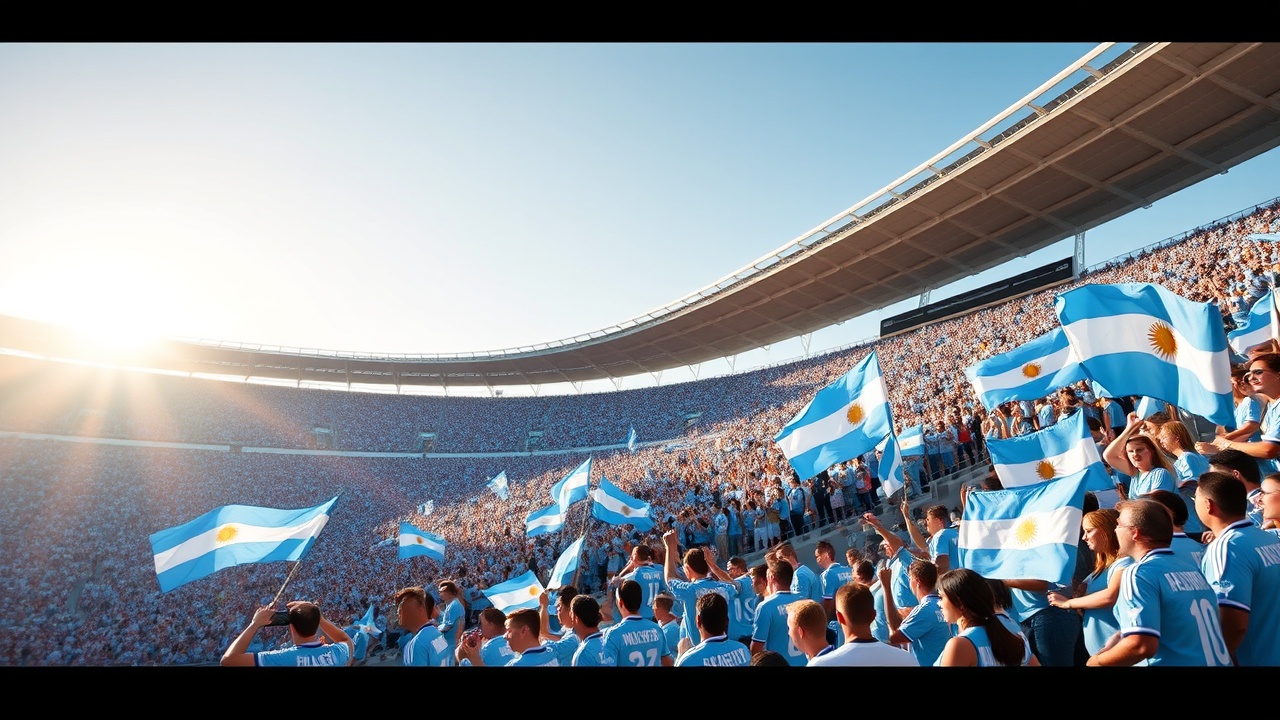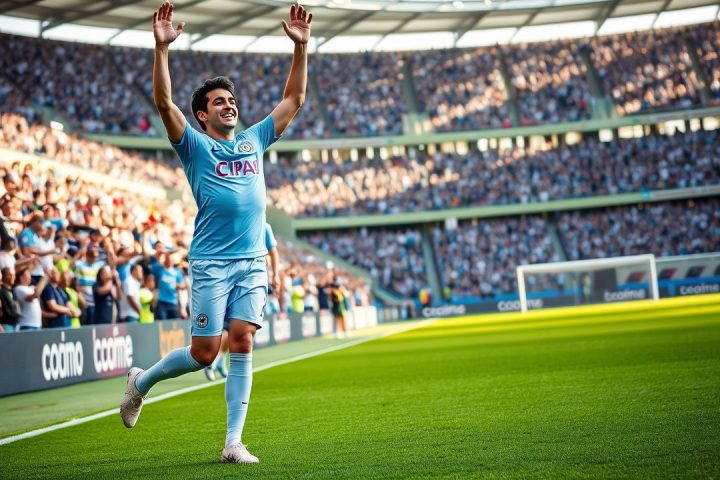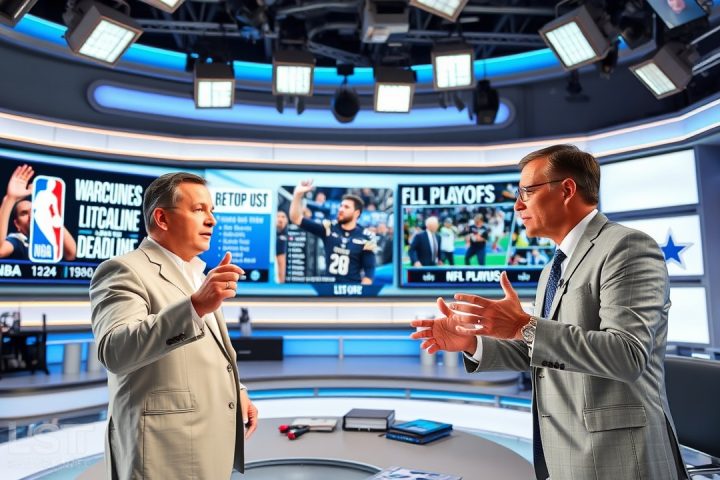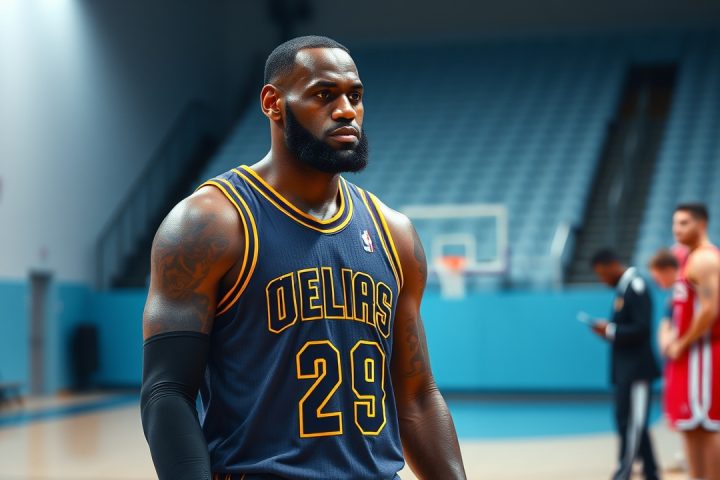River Plate’s Struggles in the Club World Cup
In the dying moments of the match, with just 93 minutes gone, an Italian journalist turned his attention away from the field at Lumen Field, captivated instead by the River Plate fans beneath him. Despite their team’s 2-0 deficit and looming exit from the Club World Cup, the supporters remained fervently loyal, chanting their love for the team.
“This is beautiful, marvelous,”
the journalist remarked in disbelief, having never witnessed anything like it before.
Chaos and Disappointment
Yet soon after, the atmosphere turned chaotic. River Plate, desperate for a turnaround, resorted to drastic measures, resulting in Gonzalo Montiel’s ejection from the game after a moment of frustration. In an odd turn of events, at the conclusion of the match, Marcos Acuna was seen pursuing Denzel Dumfries into the tunnel, effectively showcasing just how grim the team’s performance had become. This display, far from beautiful, seemed to encapsulate River’s unfortunate journey in the tournament and mirrored the overall struggle of Argentine teams.
The Absence of Passionate Fans
The Club World Cup has a glaring absence without the spirit of its passionate fans. While River and Boca Juniors demonstrated moments of football amidst their scrappy play, much of the matches will fade from memory, overshadowed by a sense of disarray. The lively support of Boca Juniors during the tournament’s initial phase had injected the event with a burst of energy, charming even those skeptics who viewed the competition as a mere extension of FIFA President Gianni Infantino’s ambitions.
Irony and Rivalry
In Seattle, the River supporters created a remarkable spectacle, transforming the streets into a canvas splashed with their team’s colors. The mood was optimistic at the start of the match, as River still had a shot at moving to the knockout stage, especially with Boca failing to secure a win against Auckland City and thus departing early. This added a layer of irony, weaving into the intense rivalry known as the Superclasico.
Reflections on the Future
However, as the game wore on, Inter’s performance proved decisive. While River Plate’s loss to the formidable Italian side carries no shame, both they and Boca will return to Buenos Aires collectively, reflecting on their underwhelming tournament run.
Both clubs now face their own introspections. Boca Juniors, grappling with what appears to be a long-term decline, may see heightened scrutiny on President Juan Roman Riquelme after reappointing veteran manager Miguel Angel Russo, a move that may seem rooted more in nostalgia than strategic foresight. Conversely, River, regarded as the stronger team, had shown promise but also suffered misfortunes, like the injury of striker Sebastian Driussi. There are pressing questions surrounding their future, particularly how they will manage the transition without key players.
The Broader Picture for Argentine Football
The overall situation paints a broader picture for Argentine football. With all four Brazilian teams advancing from the group stage, contrasts with River and Boca’s departures are stark. The narrative of a shifting power dynamic in South American football looms large. The recent Copa Libertadores, dominated by Brazilian clubs, reflected these changes, with Boca and River’s shared ten titles now overshadowed by Brazil’s emerging dominance.
Financial struggles have further compounded their challenges; while both clubs have massive fanbases, Argentina’s economic crisis has led to reduced revenues compared to their Brazilian counterparts, who are now able to attract and afford a higher caliber of talent. Despite this, Argentine football isn’t entirely bleak, as smaller clubs continue to make significant impacts, evidenced by Racing’s recent success in the Copa Sudamericana. Additionally, the national team’s World Cup triumph brings a glimmer of hope amid the despair engulfing the country’s top clubs.
Conclusion
Nonetheless, the disappointing performances from River and Boca in the U.S. against their Brazilian rivals underscore a growing gap in quality, making it clear that while the atmosphere in the stands may be electric, on the pitch the disparities have become all too apparent.




